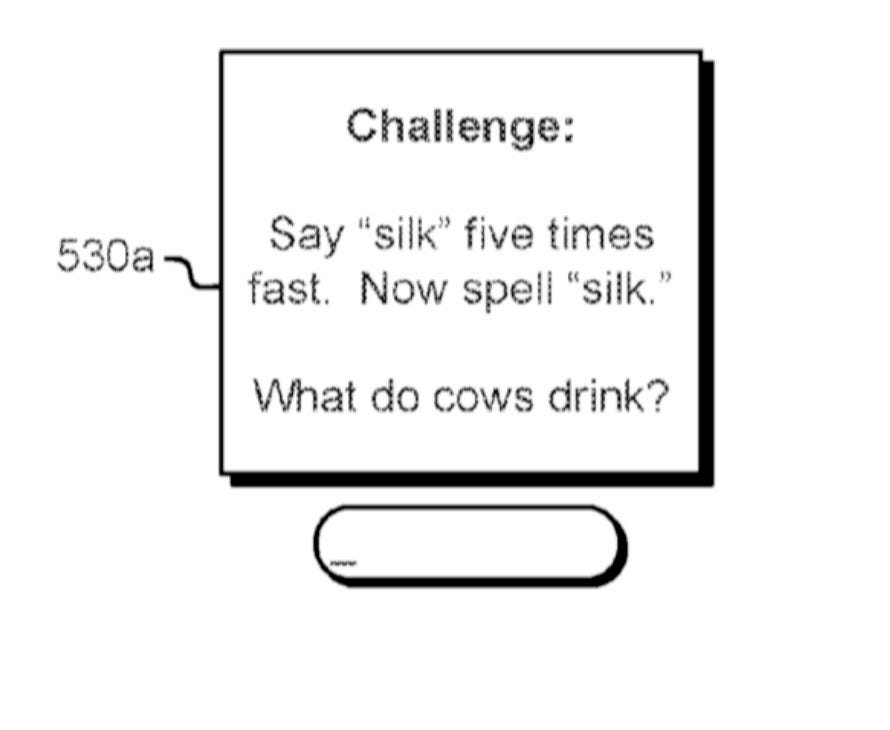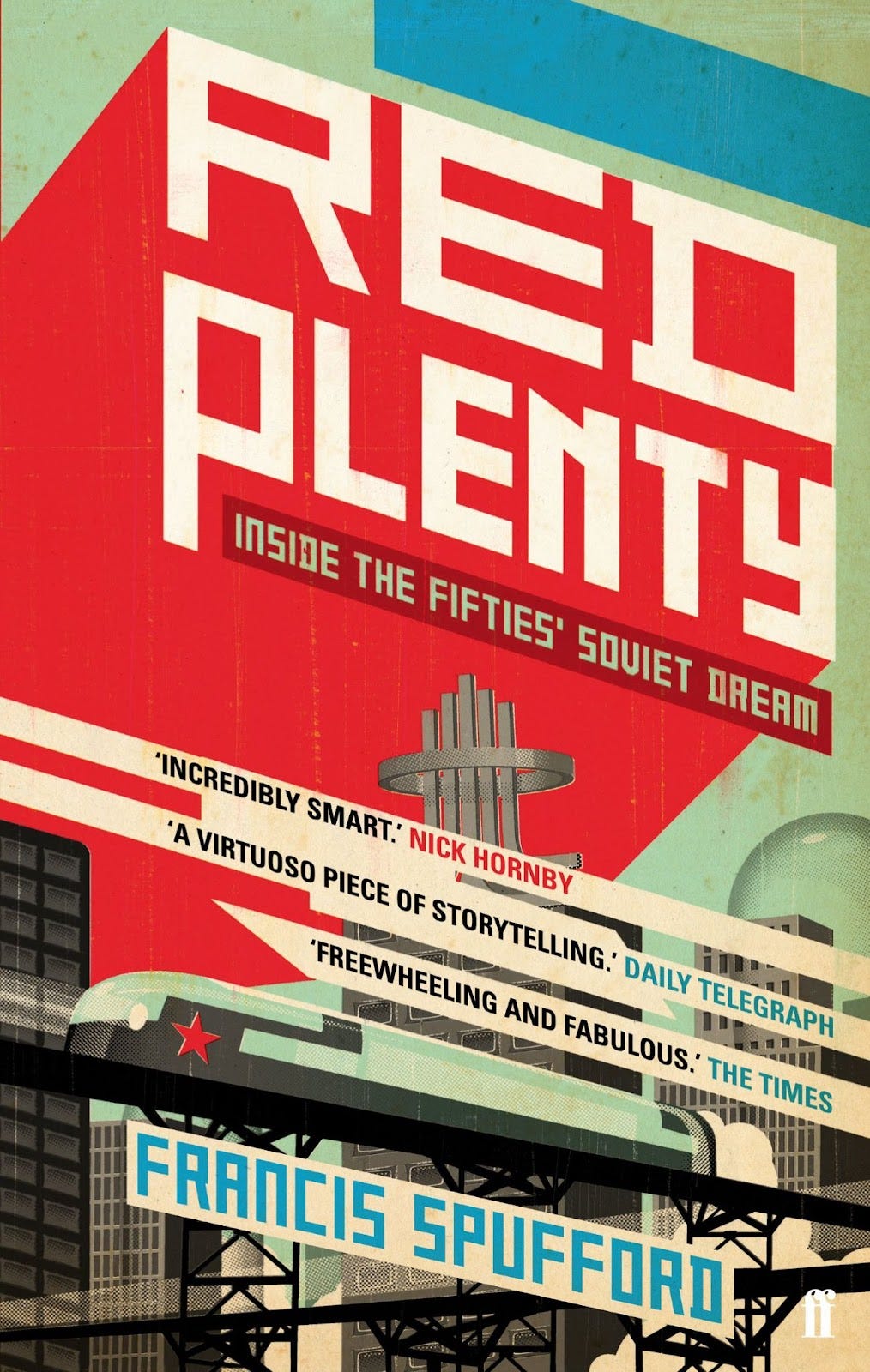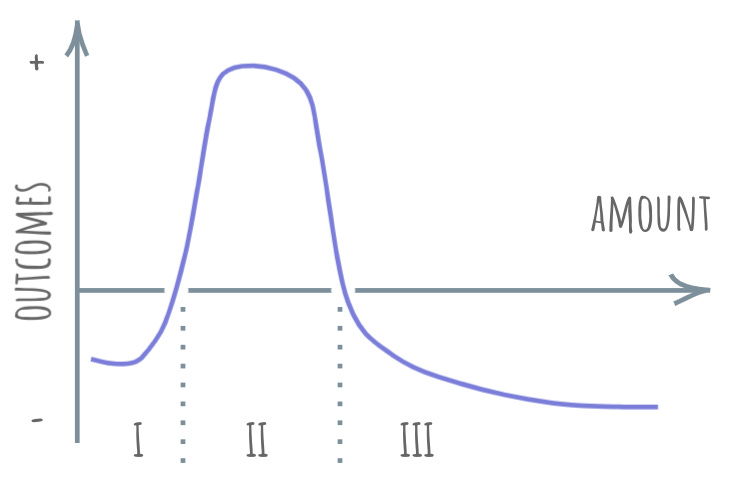
Episode 26 — October 28th, 2021 — Available at read.fluxcollective.org/p/26
Contributors to this issue: Dimitri Glazkov, Neel Mehta, Justin Quimby, Alex Komoroske, Ben Mathes, Erika Rice Scherpelz, and Boris Smus
Additional insights from: Ade Oshineye, Gordon Brander, Robinson Eaton, and Stefano Mazzocchi
We’re a ragtag band of systems thinkers who have been dedicating our early mornings to finding new lenses to help you make sense of the complex world we live in. This newsletter is a collection of patterns we’ve noticed in recent weeks.
“‘The only people who see the whole picture,’ he murmured, ‘are the ones who step out of the frame.’”
— Salman Rushdie
🤔🔁 Evolving opinions
“It’s my opinion!” In different contexts, this can mean drastically different things: openness to different perspectives, a defensive rebuttal, a follower’s fervor. While we might be tempted to choose one definition over the other, it might be worth considering that all of them can be valid depending on where we are in our developmental journey.
At the Self-Sovereign stage of Adult Development Theory, we are embedded in our own beliefs. We may not recognize our opinions as opinions because we do not separate our knowledge of the world from reality. We don’t have opinions, only facts. Opinions are things other people have. When we declare something to be an opinion at this stage, what we’re really saying is that it is wrong.
When we reach the Socialized stage, we still believe our knowledge reflects reality, but we no longer believe that we can discover this reality on our own. We need elders and authorities to tell us what it is. Like at the previous stage, “opinion” is mostly used to distinguish the in-group from the out-group, with an important twist: when I say that “I have an opinion,” I do so to signal my pride in carrying the opinion of my leaders.
In the next, Self-Authored stage, we start to see that there are many perspectives in the world. We have more options than just “my way” versus “the wrong way.” As part of this transition, our relationship with opinions changes. We go from saying, “That is just an opinion.” to saying, “This is my opinion. I did my own research.” We recognize that our opinion is only one of many. However, we still hold these opinions tightly. This is the stage at which one might use opinions defensively. Because this is my opinion, built from my knowledge and values, it doesn’t matter if others disagree with it. They don’t understand the system it flowed from.
At the Self-Transforming stage, we start to see that all systems are limited in some ways. We use different viewpoints as lenses which we can switch between based on what best fits the current situation. At this point, we say, “It’s just my opinion.” We release the firm grip on our opinion, eagerly evolving it, incorporating input from others. Sometimes opinions at the Self-Transforming stage can look flaky or flip-flopping: the nuance that transformed yesterday’s opinion into today’s seeming opposite may be far from obvious to others.
Although the ability to hold opinions lightly is worth developing, each of these stages can teach us something about how to express an opinion in different contexts. For example, as we’ve seen with COVID-19, clear, simple, and consistent public policy recommendations are more effective than those that try to capture the nuance of evolving knowledge on the ground. Sometimes it’s okay to phrase things as if opinions are facts. But that’s just our opinion.
🛣️🚩 Signposts
Clues that point to where our changing world might lead us.
🚏💁🏻♀️ A company is developing realistic fake people to populate the metaverse
With its “Humans OS 2.0” platform, one startup is combining conversational AI bots with deepfake-esque animation technology to create fake digital people who can talk, listen, gesture, and make surprisingly realistic facial expressions. The company thinks these virtual people could be great customer service agents (a “digital workforce” of NPCs, if you will) for online banks or digital healthcare products, since users might feel more comfortable talking to a fellow “human” about these topics. The cofounder added that:
“At some point in the future, you might be able to create a digital version of yourself or multiple versions of yourself, and they can go out and do stuff, make money for you, make money for your company, while you’re doing something else that’s a whole lot more fun.”
🚏🐘 Poaching has increased the prevalence of tuskless African elephants
Historically, about 20% of female elephants in Mozambique had a natural mutation that led them to not grow tusks. Then, during the African country’s 1977–1992 civil war, fighters poached elephants for their tusks, selling their ivory to finance war efforts. According to a new study, this selective pressure greatly increased the prevalence of the no-tusk gene; half of female elephants in Mozambique now lack tusks. This has led to behavioral changes, too, with tuskless elephants shifting their diet away from woody plants and toward easier-to-eat grasses.
🚏🎣 A new rig has removed 20,000 pounds of trash from the Pacific Garbage Patch
A Dutch inventor has created an apparatus that can extract plastics (including 1-millimeter-wide microplastics) from ocean water. It uses two boats that drag a wide, U-shaped net behind them, using computational modeling to predict where oceanic currents will take floating plastics and at what speed they’ll be moving. The boats haul in the gathered plastic, take it to shore, and recycle it. The technology has already removed 20,000 pounds (9,000 kg) of plastic from the infamous Great Pacific Garbage Patch.
🚏🍷 Cigarette and alcohol sales increased last year thanks to pandemic anxiety
Adult smoking rates in the US dropped every single year from 2000 to 2019. Last year was the first in decades to buck the trend: smoking rates actually increased 0.4% between 2019 and 2020. Alcohol consumption also increased 14% between ‘19 and ‘20. Health experts point to the pandemic-driven increase in stress, anxiety, isolation, and uncertainty as a major factor behind these changes.
🚏🤖 A robot-fooling “reverse Turing test” aims to improve the CAPTCHA
You’re probably familiar with CAPTCHAs, those quizzes you have to answer to prove you’re not a robot. Amazon has patented a new type of CAPTCHA that aims to use robots’ extreme intelligence against them: it asks users a confusing tongue-twister question with a seemingly-simple answer. Humans would get tripped up and answer the question wrong, but perfectly-logical robots would get it right — and this could help distinguish human visitors from machines.
🚏💳 Mastercard will let partners offer crypto credit-card rewards and loyalty points
Mastercard, in a bid to appeal to younger audiences, has announced that its partner banks and merchants will now be able to offer credit cards that give cash back in the form of cryptocurrencies. They’ll even be able to let customers convert their airline miles or hotel points into crypto and back.
🚏🏴☠️ For $150, you can buy “fake IDs” for crypto-trading platforms
Most crypto exchanges perform know-your-customer (KYC) checks, which require users to enter personal details and upload pictures of government-issued ID cards, in order to prevent criminals from using the exchanges for activities like money laundering. This has made it tough to buy and sell crypto anonymously. But enterprising crooks on underground forums can now mass-produce verified crypto-trading accounts using fake credentials or stolen identities; they then sell these “KYC”-ed accounts for as little as $150.
📖⏳ Worth your time
Some especially insightful pieces we’ve read, watched, and listened to recently.
How Public Health Took Part in Its Own Downfall (The Atlantic) — Ed Yong details how the field of public health, which was born as a movement that tried to address the social determinants of health, lost its focus on solving complex systems problems and instead turned toward mechanistic, reductionist solutions; he argues that public health needs to look beyond just science and rediscover its broader worldview.
The Study of the Mind Needs a Copernican Shift in Perspective (Aeon) — A cognitive scientist disagrees with the popular belief that cognition only arose in complex animals; instead, she shows how even single-celled organisms (which lack nervous systems) embody simple cognitive functions like learning, memory, and decision-making. Concludes that we should stop thinking about the mind from a human-centric, “outside-in” perspective and shift to a biological, curious, “inside-out” view.
Design Systems as Knowledge Graphs (Chase McCoy) — Argues that documentation should be written not as a linear, top-to-bottom treatise but rather as a knowledge graph; then, gives visual examples of powerful building blocks for knowledge graphs such as transclusion, bidirectional links, “red links,” and queries.
Donald Martin on Community Based System Dynamics and Machine Learning (Google People & AI Research) — An interview with a Social Impact Technology Strategist at Google, where he discusses his research on how including typically-excluded communities can help us discover better solutions to complex societal problems, including those dealing with ML and AI.
Lessons in Tending Your Metaverse (New York Magazine) — Argues that the internet is already a metaverse: a virtual online space where you play a character and do things like shopping, chatting, and working. Concludes that adding 3D cartoon avatars won’t change much; rather, supercharging online communities can have more offline impact.
Do You Want to Know What Works? (Strong Towns) — The founder of the city-planning organization draws a distinction between the “complicated” and “complex” ways of building a city: the former employs technocrats to build precise, high-growth monocultures, while the latter focuses on incremental, messy co-creation by its inhabitants, yielding a diverse and resilient ecosystem.
The Art Market is a Scam (And Rich People Run It) (Wendover Productions) — Shows how art’s value is not intrinsic but rather determined by context, then argues that this fact (along with the art market’s extreme concentration and small size) makes the art market ripe for market manipulation and tax evasion by the wealthy.
📚🌲 Book for your shelf
An evergreen book that will help you dip your toes into systems thinking.
This week, we recommend Red Plenty: Inside the Fifties’ Soviet Union by Francis Spufford (2010, 434 pages).
Red Plenty describes the rise and fall of Soviet Russia. Written as a series of vignettes, it is an unusual blend of historical fact and fiction. Together they do a remarkable job of painting a picture of Soviet life in the 1950s. The format lends itself well to showing Russia through many lenses, letting the reader infer the bigger picture.
Red Plenty gives a visceral feel for a closed society far better than a history lecture ever could. Spufford takes creative liberties with the facts, often putting real people into semi-imagined situations, but this is done explicitly and transparently. Multiple sub-stories explore the gradual creation of a celebrity actor turned dissident, a scientist’s battle against Lysenkoism, and a mathematical economist’s attempt to reform central planning.
These stories allow the reader to actively engage their imagination: what is the role of connections in a world where money isn’t generally effective? What does it feel like to pander to communist ideology when you no longer believe in it? What would I have done in that situation?
🕵️♀️📆 Lens of the week
Introducing new ways to see the world and new tools to add to your mental arsenal.
This week’s lens: Hormesis.
Hurrah for the new processes! They’ve made everything better. The team increased its focus. Quality improved dramatically. So why are we now talking about having too much red tape? Why does everything take so much longer to get done?
If you find yourself in a situation like this, hormesis might be a useful concept. In biology, hormesis is a three-phase reaction that many processes have in reaction to increasing exposure to substance or condition. At first, the outcome is negative. Then there is a massive jump of positive outcomes. This is followed by a third phase of permanently-negative outcomes.
Many approaches to improving organizations, like the example we gave, have this quality. At first, there’s resistance to the change. This is followed by hand-over-fist gains when the idea is wholeheartedly embraced. Eventually, though, widespread overuse throughout the org renders the idea useless — or worse, actively damaging.
Hormesis is a broadly-applicable idea. It applies to exercise, too: if the dose is too little or too high, you won’t get fitter. If you dose it just right, though, you will get fitter. The same applies to nearly all medications: the correct dose helps, but the incorrect dose can kill.
Applying hormesis as a lens allows leaders to gauge where in the triphasic process they find themselves and what outcomes to expect next. It is okay to have a bit of turbulence in the beginning. It is also useful to recognize that there is no such thing as a permanent solution in human systems; we should be prepared for what works well today to decline in effectiveness. Perhaps the most important lesson comes from phrase three: fight the temptation to press on with the same approach once the winter phase of the hormesis kicks in. Pulling back a little may be a better approach.
🔮📬 Postcard from the future
A ‘what if’ piece of speculative fiction about a possible future that could result from the systemic forces changing our world.
// August 2050. Introductory lecture to HIST 220, “History of Social Change in the 2020s.”
Welcome, class. While we will spend the majority of this semester on the radical changes that came after the July 6th, 2024 attack on New York City’s internet fiber links, this first lecture will help set the scene and show the societal pressures that led to that singular moment.
Mimetic desire, written about extensively by René Girard, posits that, “Man is the creature who does not know what to desire, and he turns to others in order to make up his mind. We desire what others desire because we imitate their desires.” In other words, people look to other people to help set what they want for themselves.
Thanks to the massive expansion of Internet and smartphone availability in the 2010s, people no longer just watched “the big three” TV networks. Twitter, Facebook, and the relentless self-promotion cycles of every social network exposed people to more and more viewpoints.
This led to a cascade of changes, as the Overton window of what people expected from their lives shifted. When one sees people making millions of dollars by going to parties and publishing funny videos, it is no wonder that becoming an “Influencer” became more desirable than becoming an astronaut for kids starting in 2019. People watched Bitcoin and Ethereum prices go insane, and asked “why couldn’t I get in on that action?”
That anger and resentment grew and grew. Much like the United Anarchist bombings of 1919 and 1920, when the match was finally lit, it had large and reverberating implications for the nation and the world. Please take a look at this timeline after the 2024 election for a framing of the rest of this class.





